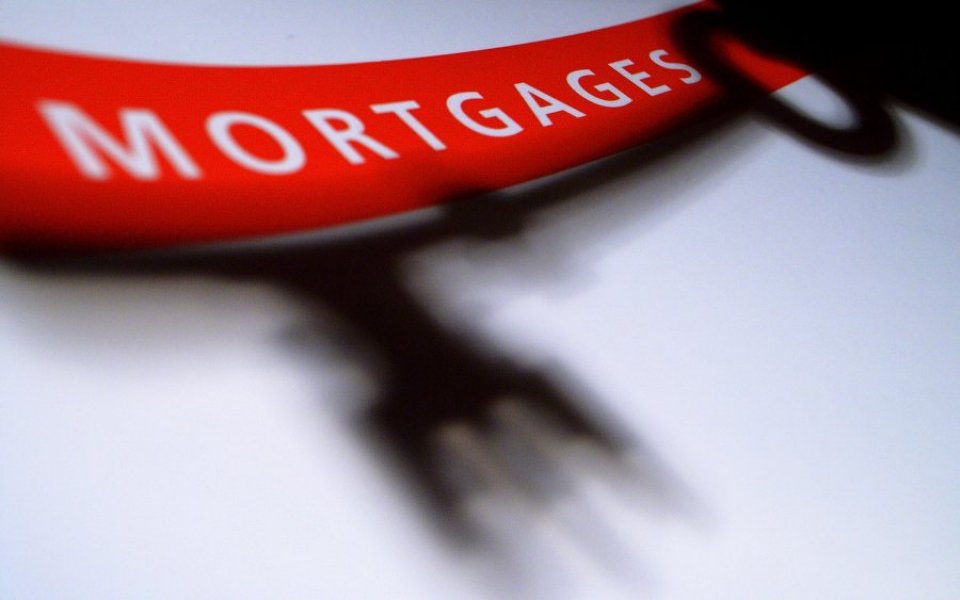With mortgage rates heading towards 1 per cent, should we be worried about a bubble in the market?

Scott Corfe, director at the Centre for Business and Economic Research, says Yes.
Most of the house price growth seen in the UK over the past couple of years has been fundamentals-driven. Supply of new homes simply hasn’t caught up with demand. However, one does wonder if we are now veering into bubble territory – particularly in London. The collapse in the amount of property being put on the market, which stands at historically low levels according to the Royal Institute of Chartered Surveyors, is leading to distorted prices. Buyers are paying over and above what fundamentals suggest, desperate to buy anything that is put up for sale and that they can (just about) afford. Fears of supply shortages and rising prices are creating a self-fulfilling bubble in some places. London’s property market is currently being supported by a rush of buy-to-let investors trying to beat April’s new 3 per cent stamp duty surcharge on second homes. When this demand fades away, prices may adjust to more closely resemble underlying fundamentals.
Danny Cox, chartered financial planner at Hargreaves Lansdown, says No.
As with any other market, the level of mortgage borrowing is driven by supply and demand. Mortgage interest rates are at another “all time and never to be seen again” low partly because expectations of an interest rate rise continue to move back but also because there is fierce competition among lenders. Borrowers are taking advantage but at nowhere near the levels they were before the financial crisis. Gross mortgage lending levels last year improved on 2014, but were still 40 per cent lower than the £356bn in 2007. Lending remains down for a combination of reasons: insufficient property supply means transaction numbers have yet to fully recover; lending criteria and affordability checks are much tighter; and wage growth is behind the pace at which property prices are rising so homes are increasingly unaffordable. All of this tells us that the mortgage market itself is not in a bubble. And the bits of the housing market that are heading for deflation are more likely to see a slow rather than a sharp pop.